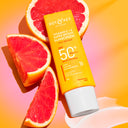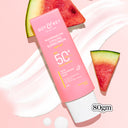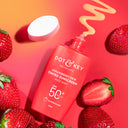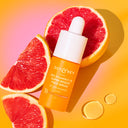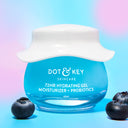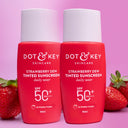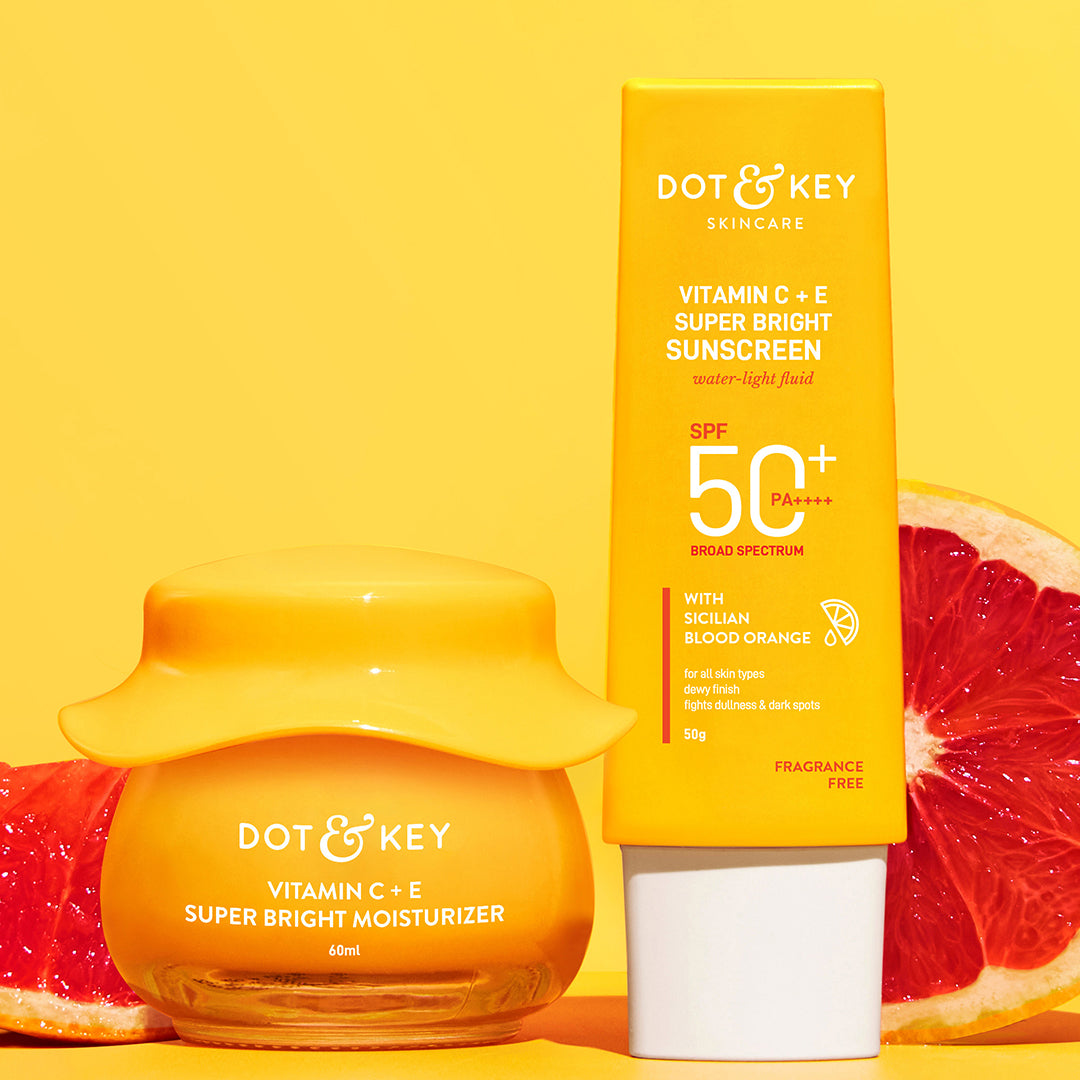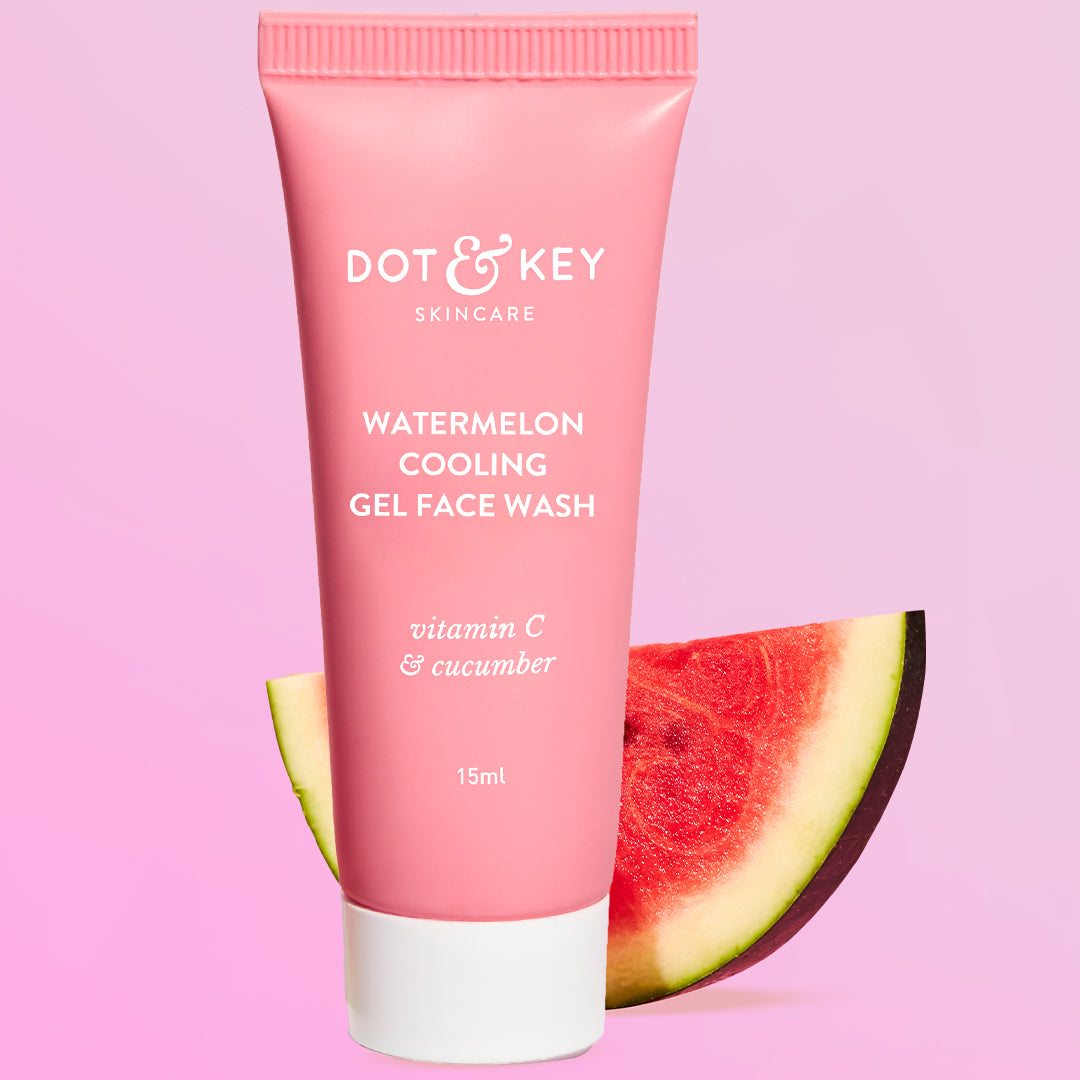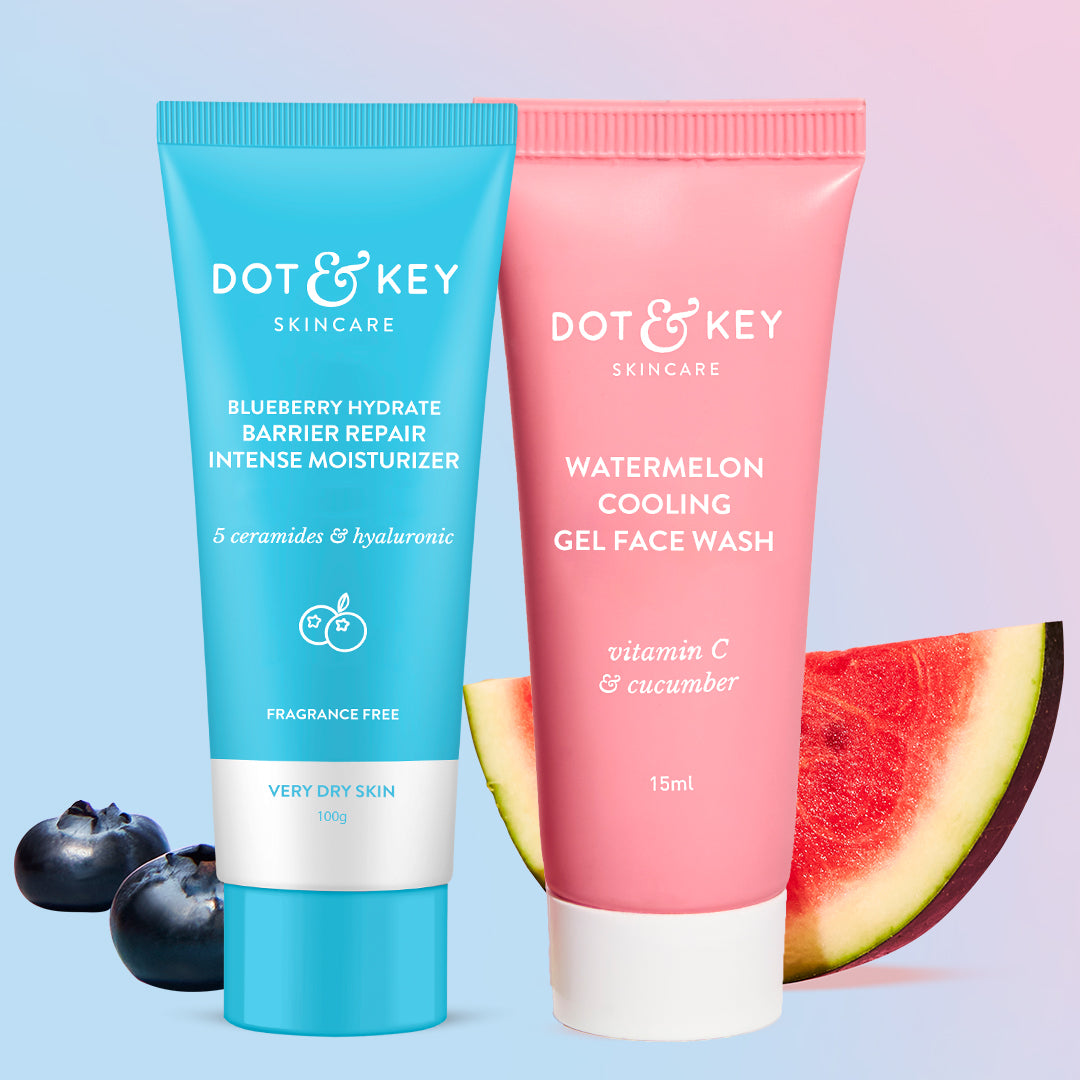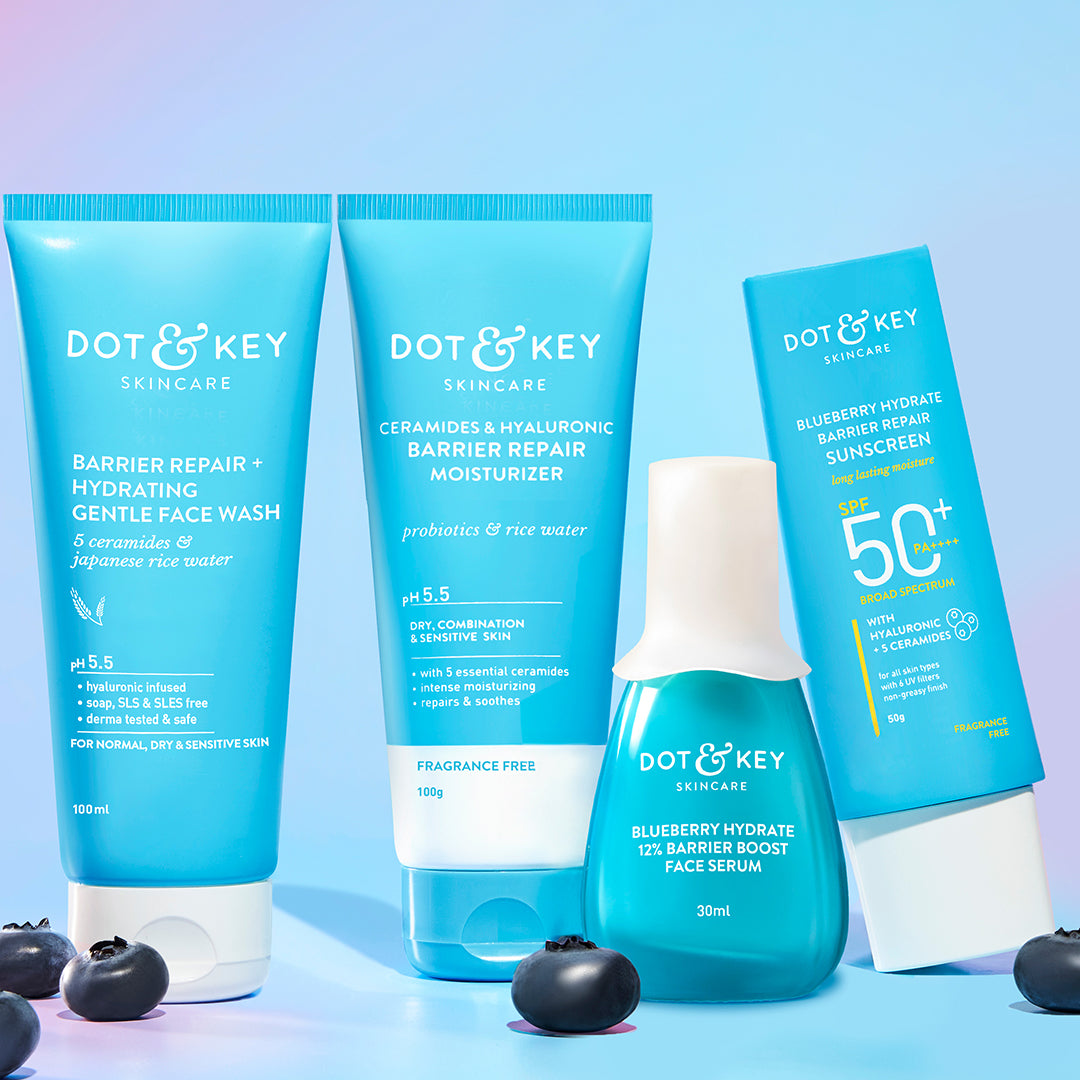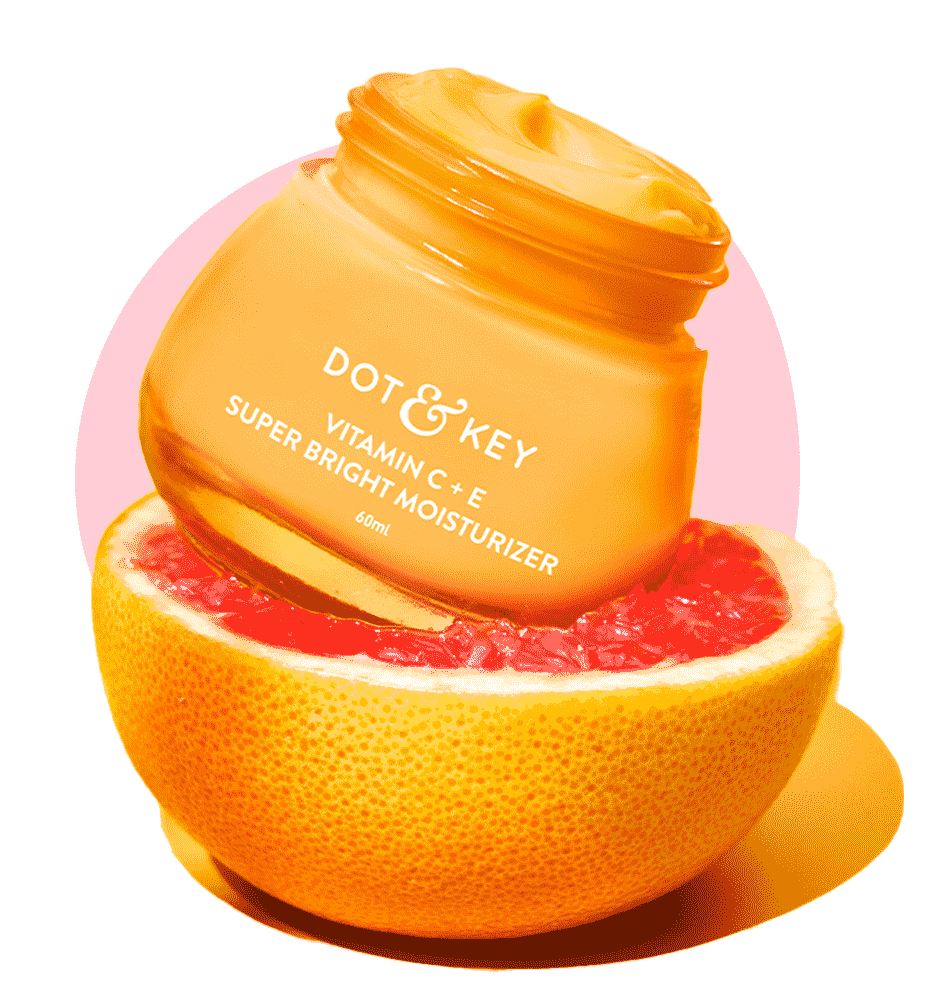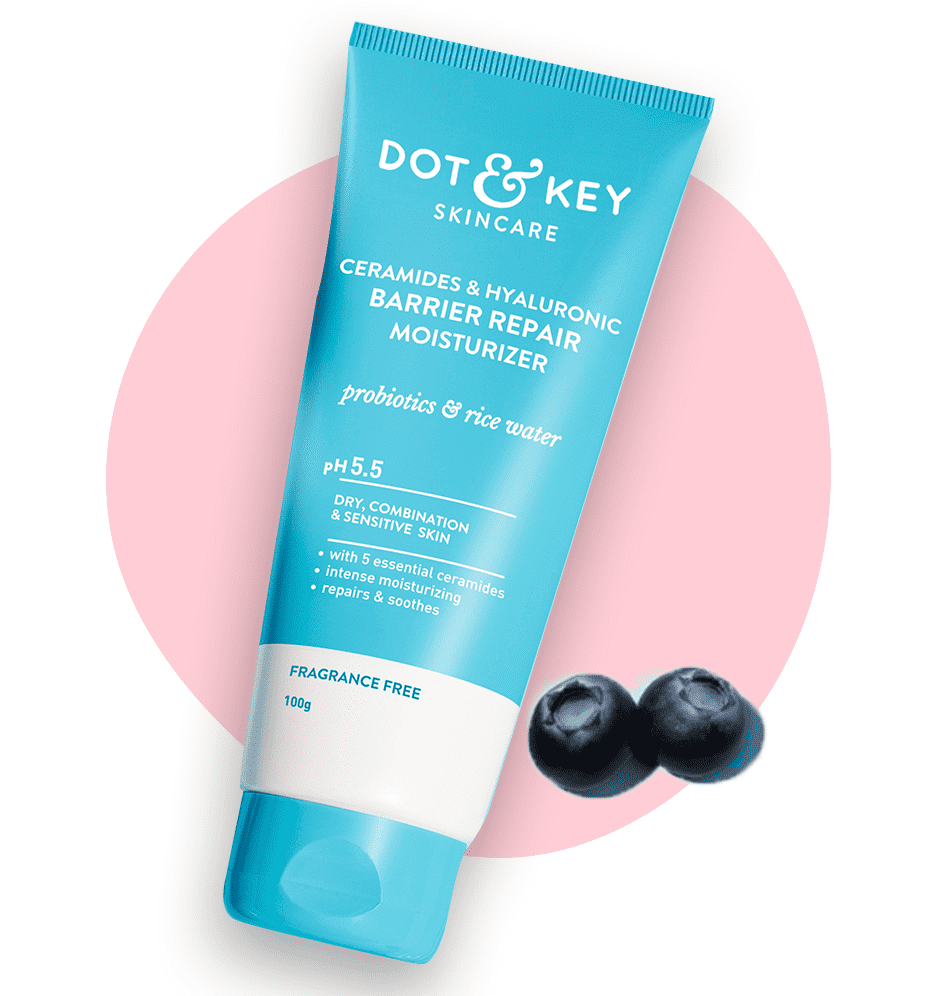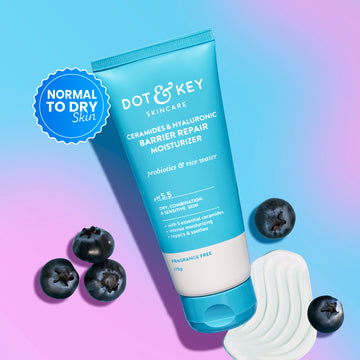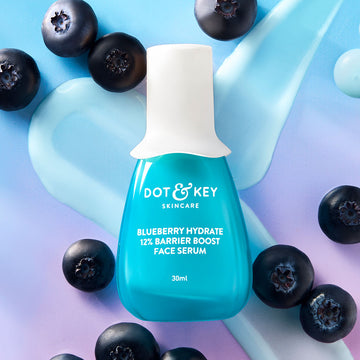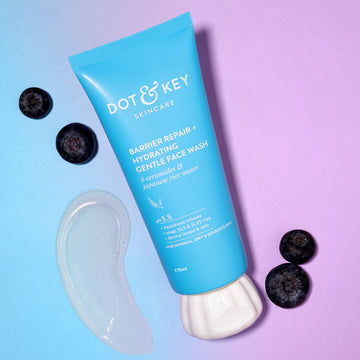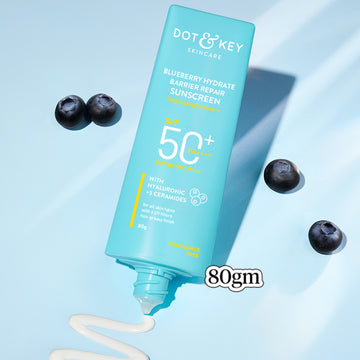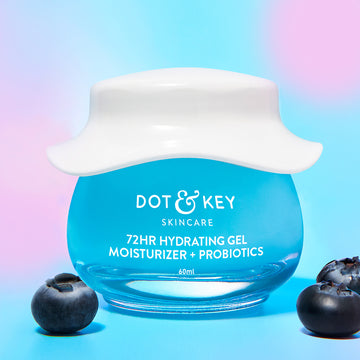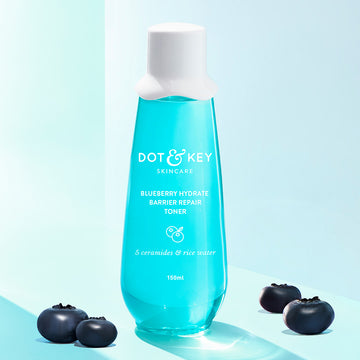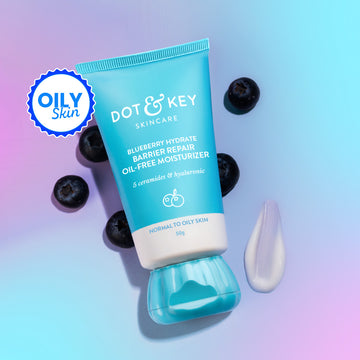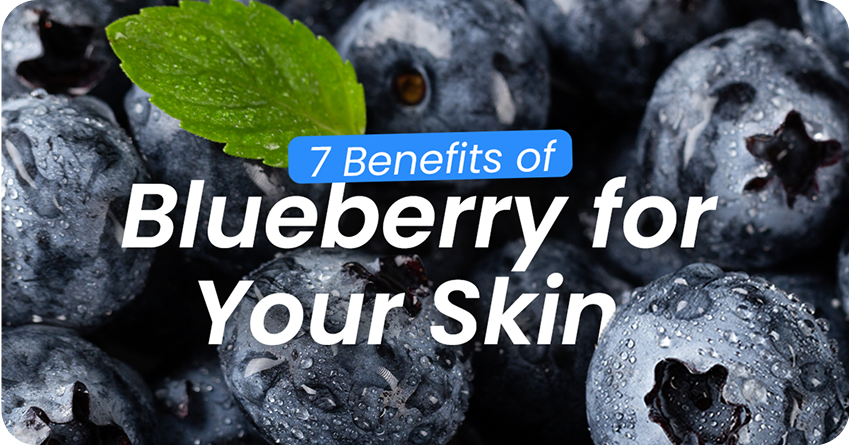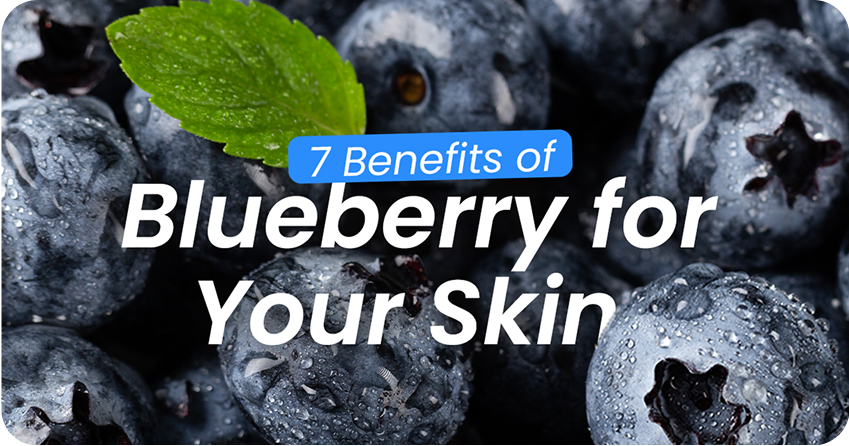
Blueberries aren’t just a tasty, bite-sized superfood—they’re a skin-loving powerhouse packed with antioxidants, vitamins, and anti-inflammatory compounds. These vibrant berries can help protect your skin from damage, brighten your complexion, and check visible signs of ageing.
Whether you eat them fresh or apply them topically, blueberries are a natural, effective way to give your skin the glow it deserves. In this blog, we’ll explore 7 amazing benefits of blueberries for your skin, explain why they belong in your diet and skincare routine, and share tips on how to use them for maximum results.
Berry-licious Goodness of Blueberries?
Blueberries (Vaccinium corymbosum) are small, round berries native to North America, known for their deep blue-purple hue and sweet-tart taste. They are loaded with antioxidants (particularly anthocyanins), vitamins C and E, and fibre, making them a nutritional powerhouse.
These compounds work together to protect and repair the skin, making blueberries a fantastic choice for addressing concerns like dullness, ageing, and inflammation. Whether eaten fresh, blended into smoothies, or used in skincare products, blueberries deliver impressive skin-enhancing benefits.
Why Blueberries Are Great for Your Skin
The skin benefits of blueberries go beyond just nutrition. Its high concentration of antioxidants combat free radicals and protect skin against environmental damage, vitamin C supports collagen production, while vitamin E nourishes and hydrates the skin. Additionally, blueberries’ anti-inflammatory properties soothe irritation, making them suitable for all skin types, including sensitive and acne-prone skin. Whether consumed or applied topically, blueberries offer a natural, effective way to achieve radiant skin.
Benefits of Blueberry for Skin
1. Fights Free Radical Damage
Free radicals from UV rays, pollution, and stress can damage skin cells, leading to premature ageing. Blueberries are rich in anthocyanins, powerful antioxidants that neutralize free radicals and protect the skin from oxidative stress.
How it helps: Anthocyanins prevent collagen and elastin breakdown, keeping skin youthful and firm.
How to use: Eat blueberries daily or use skincare products with blueberry extract for antioxidant protection.
2. Promotes Collagen Production
Collagen is crucial for maintaining skin’s elasticity and structure. Blueberries are a great source of vitamin C, which supports collagen synthesis, helping to reduce fine lines and sagging.
How it helps: Vitamin C boosts collagen formation, improving skin’s firmness and resilience.
How to use: Include blueberries in your diet or apply a blueberry-infused serum to stimulate collagen.
3. Brightens Skin Tone
Dull skin and dark spots can make your complexion look uneven. Blueberries’ vitamin C and antioxidants promote cell turnover and inhibit melanin production, fading hyperpigmentation and revealing a brighter, more radiant complexion.
How it helps: Vitamin C reduces dark spots and enhances skin’s natural glow.
How to use: Use a blueberry face mask or consume blueberry smoothies for a brighter complexion.
4. Reduces Inflammation
Inflammation can lead to redness, acne, and irritation. Blueberries’ anti-inflammatory properties, derived from anthocyanins and other compounds, soothe irritated skin and calm conditions like acne, eczema, or rosacea.
How it helps: Reduces swelling and redness, promoting a clear, calm complexion.
How to use: Apply a blueberry-based toner or eat blueberries to reduce inflammation internally.
5. Hydrates and Nourishes
Dry, dehydrated skin can appear flaky and tired. Blueberries contain vitamin E and a high water content (about 84%), which help hydrate and nourish the skin, keeping it soft and supple.
How it helps: Vitamin E locks in moisture, preventing dryness and improving skin texture.
How to use: Use a blueberry-infused moisturizer or eat fresh blueberries for hydration.
6. Combats Signs of Ageing
Wrinkles, fine lines, and age spots are common signs of ageing that blueberries can help address. Their antioxidants, vitamin C, and vitamin E fight oxidative stress, boost collagen, and promote cell regeneration, keeping skin youthful.
How it helps: These nutrients repair damaged skin cells and improve elasticity for a smoother complexion.
How to use: Incorporate blueberries into your diet or use a blueberry-based anti-ageing cream.
7. Protects Against UV Damage
While not a replacement for sunscreen, blueberries’ antioxidants, particularly anthocyanins, provide some protection against UV-induced damage. They help repair skin cells damaged by sun exposure and reduce the risk of photoaging.
How it helps: Antioxidants strengthen the skin’s natural defence against UV rays, minimizing premature ageing.
How to use: Pair blueberry consumption with a broad-spectrum SPF for optimal sun protection.
How to Incorporate Blueberries Into Your Skincare Routine?
Blueberries can be used in various ways to enhance your skin’s health:
- Diet: Eat fresh blueberries, blend them into smoothies, or add them to yogurt and salads for internal nourishment.
- DIY Skincare: Create a blueberry face mask by mashing blueberries with honey or yogurt for antioxidant and hydrating benefits.
- Skincare Products: Look for serums, moisturizers, cleansers, sunscreens containing blueberry extract or oil for targeted effects.
- Infused Water: Drink blueberry-infused water to stay hydrated and support skin health from within.
Tip: Always patch-test blueberry-based products before applying them to your face, as some individuals may be sensitive to the fruit’s natural compounds.
Blueberries vs. Other Berries for Skin Health
How do blueberries compare to other skin-friendly berries?
- Blueberries vs. Strawberries: Both are rich in vitamin C, but blueberries have higher anthocyanin content, making them better for fighting free radicals.
- Blueberries vs. Raspberries: Raspberries are high in fiber, but blueberries offer more vitamin E for hydration.
- Blueberries vs. Acai: Acai berries are antioxidant-rich, but blueberries are more widely available and versatile for skincare.
Blueberries’ unique blend of antioxidants, vitamins, and anti-inflammatory properties makes them a top choice for skin health.
Conclusion
Blueberries are a nutrient-packed superfood that offers powerful benefits for your skin, from fighting free radicals to promoting collagen and brightening your complexion. Their antioxidants, vitamins, and anti-inflammatory properties make them a versatile addition to your diet and skincare routine. Whether you enjoy them fresh, blended, or as part of a face mask, blueberries can help you achieve radiant, healthy skin naturally.
FAQs About Blueberries and Skin Health
1. Can blueberries help with acne?
Yes, blueberries’ anti-inflammatory and antioxidant properties can reduce acne-related inflammation and prevent breakouts by protecting against oxidative stress.
2. Are blueberries good for dry skin?
Absolutely! Their high water content and vitamin E hydrate and nourish dry skin, restoring a soft, supple texture.
3. How often should I use blueberries on my skin?
For topical use, apply blueberry-based masks or products 1–2 times per week. For dietary benefits, include blueberries in your diet several times a week.
4. Can blueberries reduce dark spots?
Yes, the vitamin C and antioxidants in blueberries promote cell turnover and inhibit melanin production, helping to fade dark spots.
5. Are blueberry skincare products effective?
Yes, products with blueberry extract or oil deliver concentrated antioxidant, hydrating, and anti-ageing benefits.

